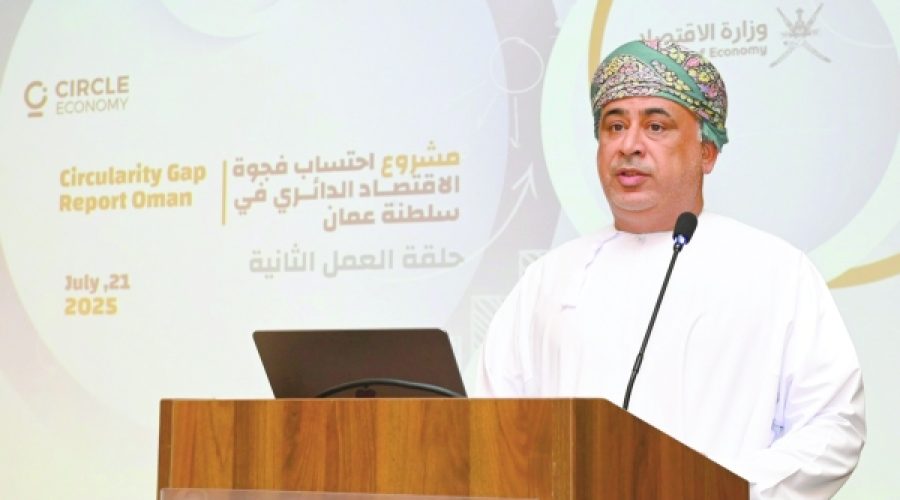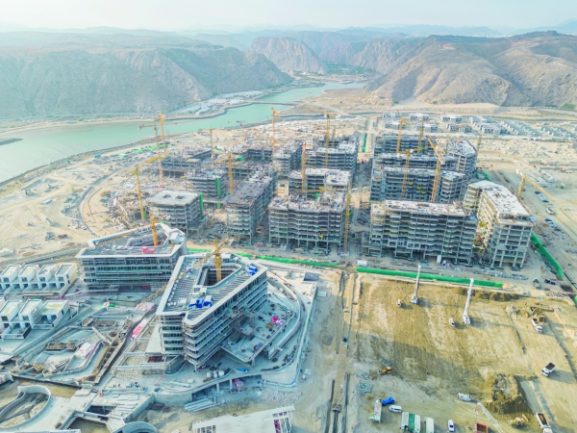Oman’s Groundbreaking Initiative Towards a Circular Economy: Key Impacts for Investors and Businesses
MUSCAT: On Monday, the Ministry of Economy conducted the second workshop on the "Circular Economy Gap Calculation Project," a significant national initiative aimed at facilitating Oman’s transition towards a circular economy. This project is set to result in a comprehensive roadmap that will bolster the Sultanate of Oman’s long-term sustainability objectives.
Dr. Nasser bin Rashid al Maawali, Under-Secretary of the Ministry of Economy, characterized the project as a pioneering effort in the Middle East and North Africa. He emphasized its alignment with Oman’s commitment to achieving net-zero carbon emissions by 2050. “This essential initiative focuses on three primary objectives,” he explained: establishing a national baseline to measure the circular economy gap, benchmarking against other nations, and developing a customized roadmap to enhance capacities in both public and private sectors.
Al Maawali stressed the strategic importance of this project in fostering sustainable, low-carbon economic growth. He noted that it would also create new investment opportunities within green sectors, including renewable energy and the broader green economy.
Ahmed bin Saeed al Siyabi, Director General of Economic Policies and Programs, inaugurated the workshop with a comprehensive presentation on the project’s preliminary findings. He indicated that the workshop was designed to evaluate the initial baseline calculations across various sectors and introduced related initiatives such as training programs and an interactive platform for showcasing results. The insights offered included preliminary modeling on how circular economy policies could influence environmental and economic indicators, including job creation.
Participants engaged in breakout discussions, examining real-life scenarios and modeling potential outcomes from implementing circular economy strategies. Visual presentations illustrated the progress made in analyzing the circular economy gap, promoting dialogue among participants from government, private industry, academia, and civil society.
The Ministry of Economy is spearheading the project in partnership with Oman Environmental Services Holding Company (be’ah), the Netherlands-based Circle Economy, and other technical collaborators. This initiative highlights the critical shift from a traditional linear model of economic growth towards one that emphasizes efficiency, resource recycling, and waste reduction.
As Oman works to diversify its economy, the circular model is anticipated to play a vital role in shaping a more sustainable and resilient future. — ONA
Special Analysis by Omanet | Navigate Oman’s Market
Oman’s initiative to develop a circular economy signifies a pivotal shift towards sustainable, low-carbon growth, presenting strategic opportunities for businesses, particularly in the green sector. Smart investors should focus on renewable energy and innovative waste management solutions, as these areas are poised for growth and alignment with national goals of net-zero emissions by 2050. However, businesses must also navigate potential risks associated with transitioning from linear to circular models, including the need for new technologies and the re-skilling of the workforce.



